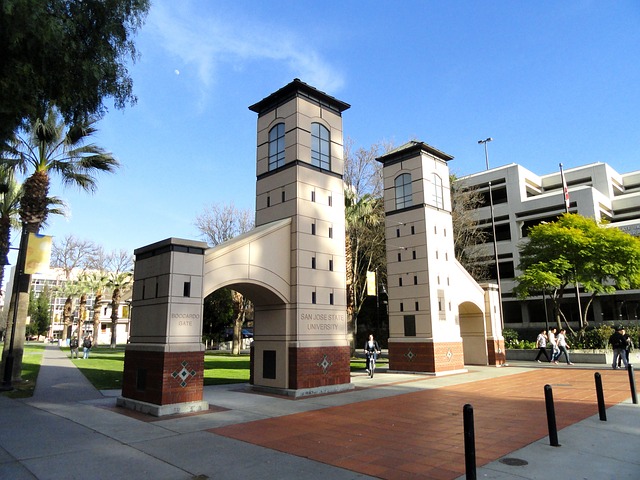On a single night in 2016, almost 550,000 people were homeless in the United States.
According to estimates from the U.S. Department of Housing and Urban Development (HUD), there were approximately 549,928 homeless individuals in the United states on a given night. These estimates came from annual point-in-time counts conducted in cities nationwide in January 2016.
During these counts, volunteers around the country survey the number of homeless people living in sheltered locations such as emergency shelters or transitional housing. They also counted those those living in unsheltered locations such as on the street, under bridges, in their cars, or in other places not typically used as residences. However, people staying with friends or family or living in hotels/motels and lacked permanent housing of their own weren’t included in the count. Therefore, the number of homeless people is most likely higher.
The following 10 US cities had the largest homeless populations in 2016
10.Philadelphia, PA

Homeless Population: 6,112 | Total Population: 1.5 million
9.Las Vegas/Clark County, NV

Homeless Population: 6,208 | Total County Population: 2.1 million
8.Boston, MA

Homeless Population: 6,240 | Total Population: 673,184
7.San Jose/Santa Clara City & County, CA

Homeless Population: 6,524 | Total County Population: 1.9 million
6.San Francisco, CA

Homeless Population: 6,996 | Total Population: 864,816
5.District of Columbia

Homeless Population: 8,350 | Total Population: 681,170
4.San Diego City and County, CA

Homeless Population: 8,669 | Total County Population 3.3 million
3.Seattle/King County, WA

Homeless Population: 10,730 | Total County Population 2.1 million
2.Los Angeles City & County, CA

Homeless Population: 43,854 | Total Population 10.17 million
1.New York City, NY

Homeless Population: 73,523 | Total Population 8.5 million
References:
https://www.hudexchange.info/resources/documents/2016-AHAR-Part-1.pdf
https://www.census.gov/popclock/